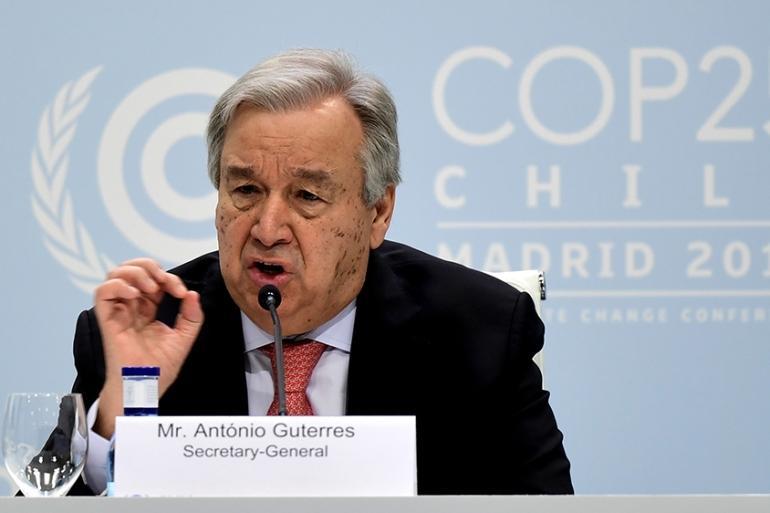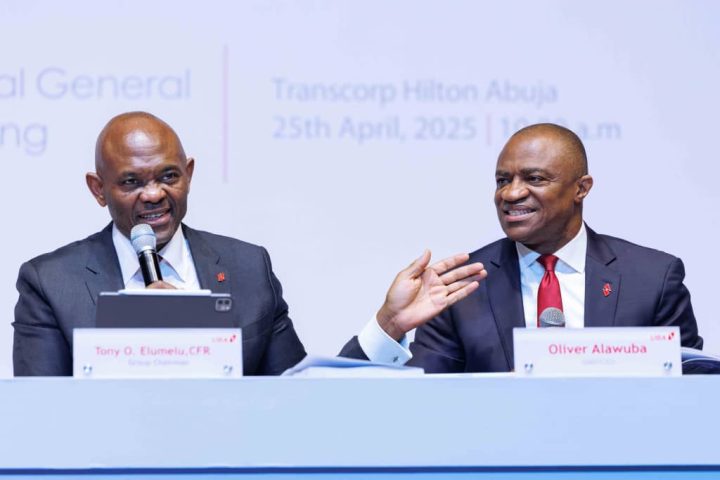The United Nations Conference on Trade and Development (UNCTAD), world leaders converged on Abu Dhabi, United Arab Emirates to tackle the investment challenges facing developing nations amidst the current global crises.
UNCTAD disclosed a valuation of the sustainable finance market at $6 trillion, underscoring the urgency for action.
UN Secretary-General António Guterres delivered a call to action, urging heads of state, business leaders, sustainable stock exchanges, sovereign wealth funds, and experts to put the Sustainable Development Goals (SDGs) Stimulus Package into effect. He stressed the need to deliver $500 billion in annual investments to developing countries.
Guterres emphasized the importance of governments establishing fair carbon pricing and companies implementing credible net-zero plans, aligning with recommendations from the High-Level Expert Group on the Net-Zero Emissions Commitments of Non-State Entities.
Rebeca Grynspan, UNCTAD Secretary-General, shed light on the issue, saying, “Not enough funds are going into new renewable energy plants, water and sanitation installations, agricultural projects, hospitals. And only five per cent of all sustainable funds are located in developing countries. Funding exists, but allocation has been misguided.”
Amid preparations for COP28, global leaders convened to advance climate finance and investment, serving as a crucial platform for policymakers to find solutions and support global climate negotiations.
The summit squarely addressed the $4 trillion SDG investment gap, with leaders acknowledging that only 15 percent of the SDGs are on track to be met by 2030. They revealed that the investment gap in the developing world has grown from $2.5 trillion per year in 2015 to $4 trillion today.
READ ALSO: Guterres Urges Global Leaders To Back UN Strategy For Vaccine Equity As 5 Million Lives Lost
Key figures, including Germany’s Vice Chancellor Robert Habeck, emphasized the imperative to close the SDG investment gap, mobilize sustainable finance in global capital markets, ensure sustainability standards in sustainable finance, and channel more funds to the areas where they are needed most.
The discussions called for international coordination to address the scale of investment needs and advocated for blended finance involving both public and private sectors, including new actors like sovereign wealth funds.
On World Food Day, amid global supply chain disruptions from the COVID-19 pandemic and the conflict in Ukraine, UNCTAD and the Food and Agriculture Organisation of the United Nations (FAO) highlighted the pivotal role of agrifood systems in combatting global malnutrition, poverty, biodiversity loss, ecosystem services depletion, and climate change.
FAO Director-General, Dongyu Qu, underscored the need for a transformation of agrifood systems, requiring an annual investment of $680 billion between now and 2030 in low and middle-income countries. The global community is now faced with a unique opportunity to address these pressing challenges and strive for a more sustainable and equitable future.
Emmanuel Ochayi is a journalist. He is a graduate of the University of Lagos, School of first choice and the nations pride. Emmanuel is keen on exploring writing angles in different areas, including Business, climate change, politics, Education, and others.




















Follow Us